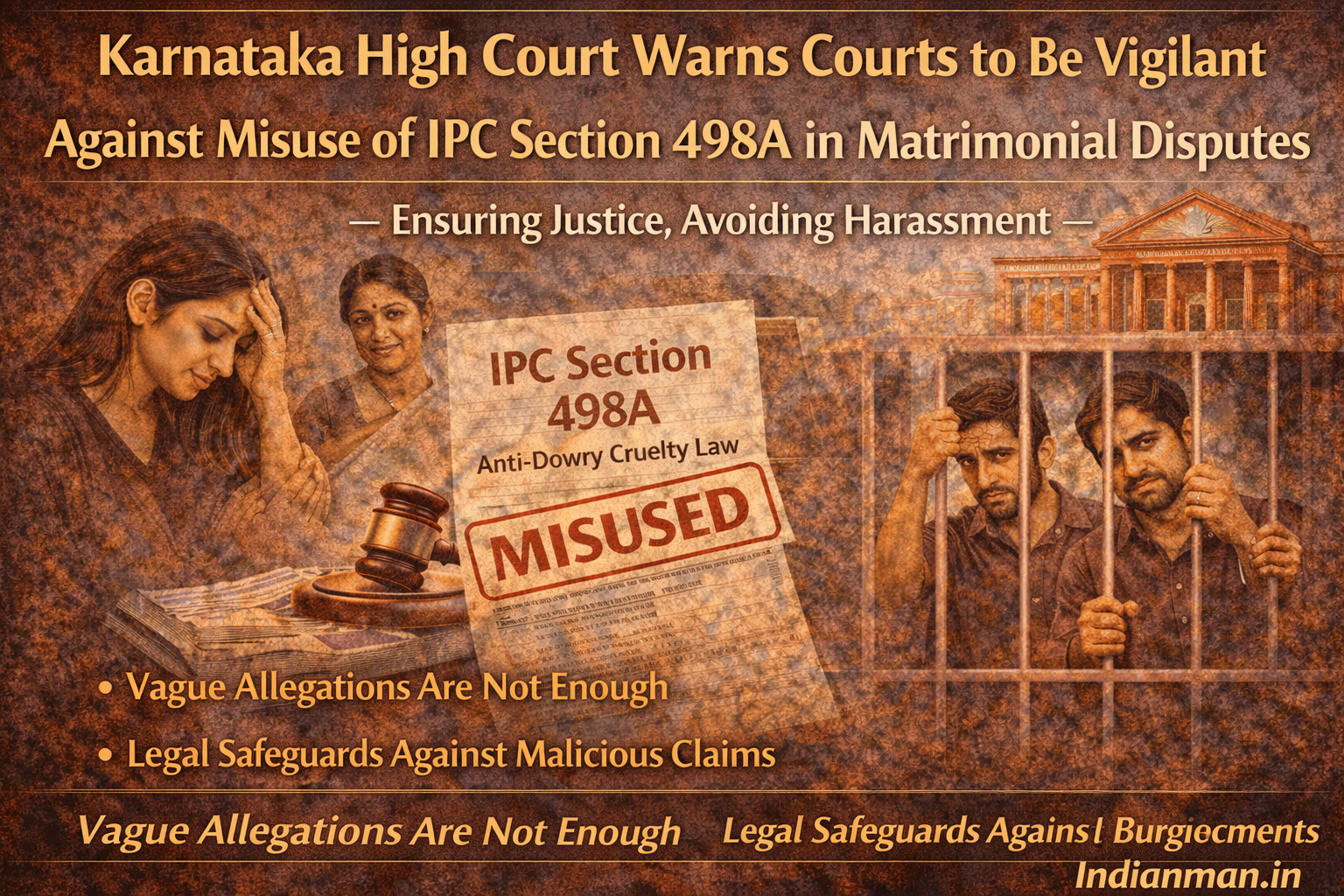The Punjab and Haryana High Court has ruled that even one false complaint or criminal proceeding can cause enough harassment and torture to constitute matrimonial cruelty. This decision was made while hearing a case in April 2022, reversing a 2013 order from a Rohtak family court.
The case involved a couple who had been living separately since 2002 after four years of marriage. The husband sought a divorce in 2009, claiming that his wife’s conduct and behavior were cruel and unwarranted from the beginning of their marriage. Despite this, the wife was not willing to consent to a mutual divorce, leading to the husband’s plea being dismissed by the family court in 2013.
During the proceedings, it was revealed that the wife had filed a criminal complaint against the husband and his parents for domestic violence. The trial lasted four years and ended with the husband’s acquittal, while his parents were found innocent during the investigation stage. Additionally, in 2006, the wife lodged complaints against the husband with his senior officers, which she refused to withdraw even after a compromise was reached.
The High Court observed that the wife’s unfounded and defamatory allegations were aimed at ensuring her husband and in-laws were jailed and that the husband lost his job. This indicated a deliberate attempt to destroy the husband’s career and reputation.
The court concluded that the marriage had irretrievably broken down, given the couple had been living apart for 20 years with no chance of reconciliation. “Filing of the complaint and initiation of criminal proceedings which were found to be baseless and false, do cause harassment and torture to the husband and his family. One such complaint is sufficient to constitute matrimonial cruelty,” the bench stated.
The court further noted that when parties have been separated for a significant period, and one seeks a divorce, it can be presumed that the marriage has broken down. “The court, no doubt, should seriously make an endeavor to reconcile the parties; yet, if it is found that the breakdown is irreparable, then divorce should not be withheld,” the bench added.
Ultimately, the court granted the divorce and directed the husband to make a fixed deposit of ₹20 lakh as permanent alimony for the wife.




